This study sought to explore public perceptions and feelings about the handling of the COVID-19 pandemic by governments and leading authorities in three European cities.
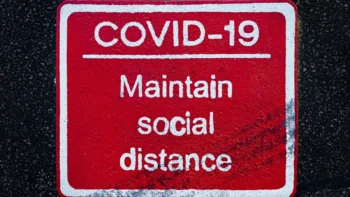

This study sought to explore public perceptions and feelings about the handling of the COVID-19 pandemic by governments and leading authorities in three European cities.
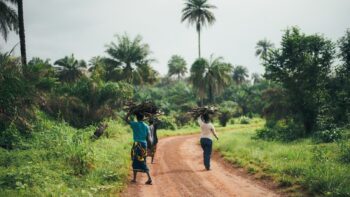
Drawing on ethnographic insights from fieldwork conducted in northern Sierra Leone, this paper proposes the notion of ‘social imaginaries of epidemics’ as a socio-historical lens through which to understand how people made sense of the COVID-19 pandemic and the ensuing response.

This paper offers two scenarios to argue for the possibilities of building trust during crises by engaging with existing distrust, with special reference to examples during the COVID-19 pandemic.
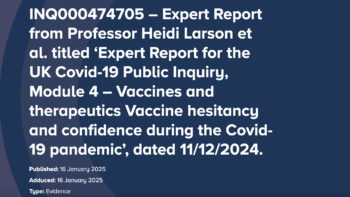
VCP Director Professor Heidi Larson and VCP team members Dr Alexandre de Figueiredo, Caitlin Jarrett and Rachel
Eagan authored an expert report for the UK Covid-19 Public Inquiry on vaccine hesitancy and confidence during the Covid-19 pandemic.
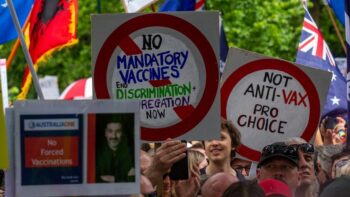
In 2023 around 70% of UK adults said that vaccinations were safe and effective, down sharply from 90% in 2018, according to research from the Vaccine Confidence Project, run by the London School of Hygiene and Tropical Medicine (LSHTM).

Trust is fundamental to cooperation, essential in times of crisis. Researching and understanding trust networks and perceptions of trustworthiness is therefore crucial in preparing for future health shocks, write Heidi Larson and colleagues.
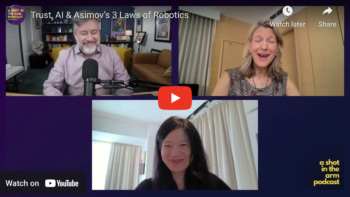
Ben Plumley, Managing Director of our sister organisation the Global Listening Project, checks in with Professors’ Heidi Larson and Leesa Lin as they share the first top-line results from the Project’s 70-country societal preparedness index

In this interview, VCP Founder and Co-Director Prof. Heidi J Larson outlines what research tells us about the impact of mandates on vaccine confidence amongst young people.
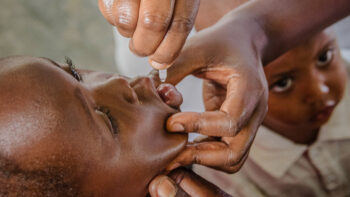
Public confidence in vaccines has declined across sub-Saharan Africa since the COVID-19 pandemic, new research shows.
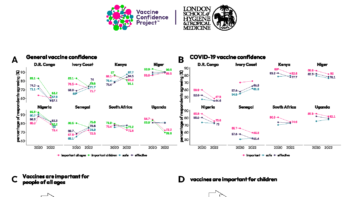
An examination of trends in vaccine confidence across eight sub-Saharan countries between 2020 and 2022.
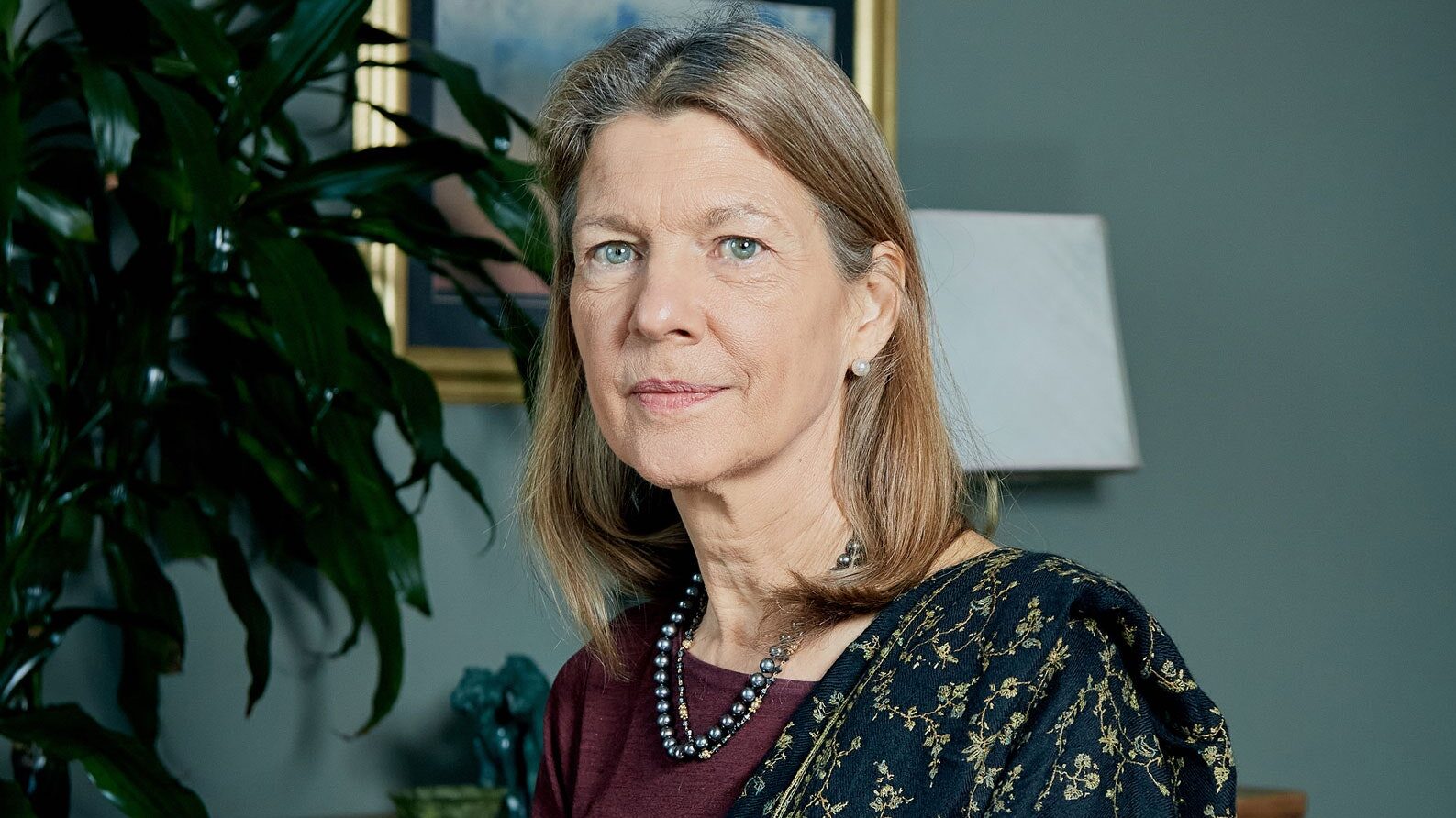
The world’s richest countries are now its most vaccine-hesitant. Can we learn to trust our shots before the next pandemic?
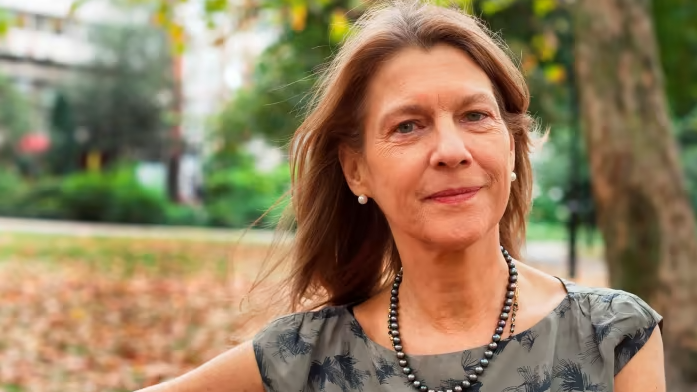
We are delighted to announce that Professor Heidi J.